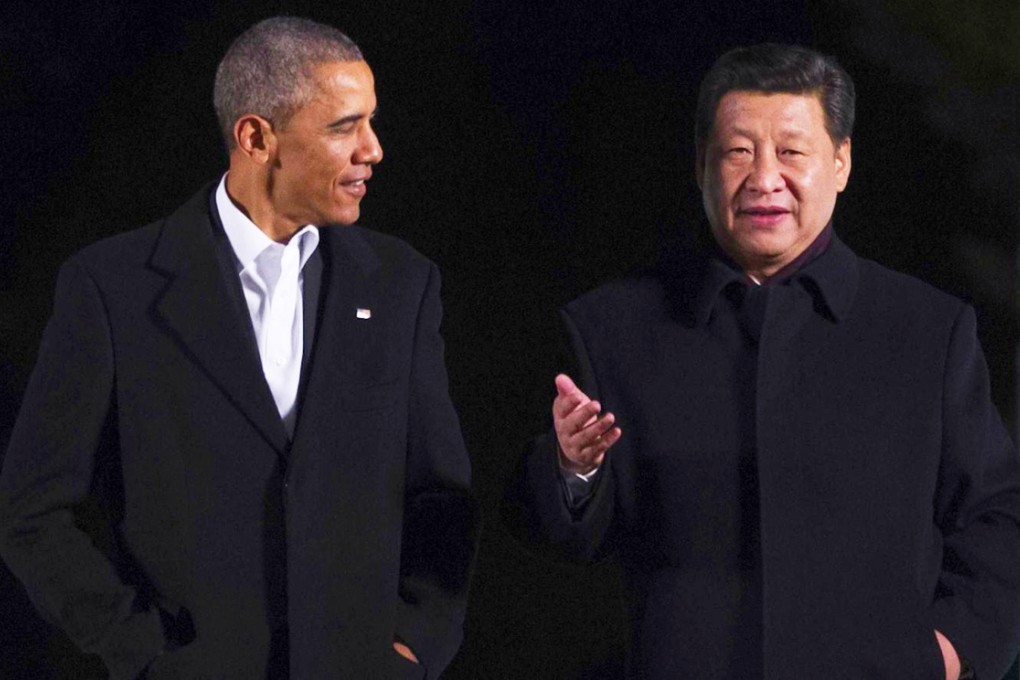Xi Jinping unveils China’s plan for Asia-Pacific free-trade pact
Endorsement of China's plans for FTAAP by Apec's 21 economies hailed as historic by president

China upped the ante in its bid to be the Asia-Pacific's economic leader when President Xi Jinping unveiled a plan for a Chinese-led regional free-trade framework to visiting foreign leaders yesterday.
The Asia-Pacific Economic Cooperation summit ended with all 21 Apec economies endorsing China's plan to create a Free Trade Area of the Asia-Pacific (FTAAP). It was the first major international gathering held in China since Xi took power in late 2012.
Addressing leaders including US President Barack Obama, Russian President Vladimir Putin and Japanese Prime Minister Shinzo Abe, Xi hailed the endorsement as a "a decision to be written in history".
Watch: APEC leaders seek free trade progress at annual summit
"[The endorsement] demonstrates the confidence and determination of Apec in advancing regional economic integration," Xi said.